Dive into a collection of articles that amplify neurodivergent voices, support a more thorough understanding of neurodiversity, and challenge common misconceptions.
Month
- April 2025
- March 2025
- February 2025
- January 2025
- December 2024
- November 2024
- October 2024
- September 2024
- August 2024
- July 2024
- June 2024
- May 2024
- April 2024
- March 2024
- February 2024
- January 2024
- December 2023
- November 2023
- October 2023
- September 2023
- August 2023
- July 2023
- June 2023
- May 2023
- April 2023
- March 2023
- February 2023
- January 2023
- December 2022
Author
- Abs S. Ashley
- Adam Fare
- Aimee Fletcher
- Aisling Sheehy
- Ann Memmott
- Antonia Aluko
- Callum Stephen Howes
- Cassandra Lovelock
- Cassandra Lovelock and El Dewar
- Charli Clement
- Claire
- Cos Michael
- Darren O'Reilly
- Dr Virginia Carter Leno
- El Dewar
- Elise Guthrie Stirling
- Emily Lees
- Emily Katy
- Emily Wooden
- Emma Nielson
- Grace Lee
- Guest Contributor
- Harriet Axbey
- Hat Porter
- Helen Edgar
- Iqra Babar
- Jill Corbyn
- Kai Schweizer
- Katrine Callander
- Kay Louise Aldred
- Krysia Waldock
- Kyra Thompson
- Lizzie Smith
- Lucy Gilbert
- Meena Kumari
- Molly Anderton
- Nick Ransom
- Reesha Zahir
- Remie Colledge
- Rhiannon Williams
- Rod Landman
- Rose Matthews
- Sarah Douglas
- Sarah Boon
- Sascha Bellamy
- Sophie Broadgate
- Stop Oxevision
- Thomas Barnett
- Tina
- Trauma Geek
- Warda Farah
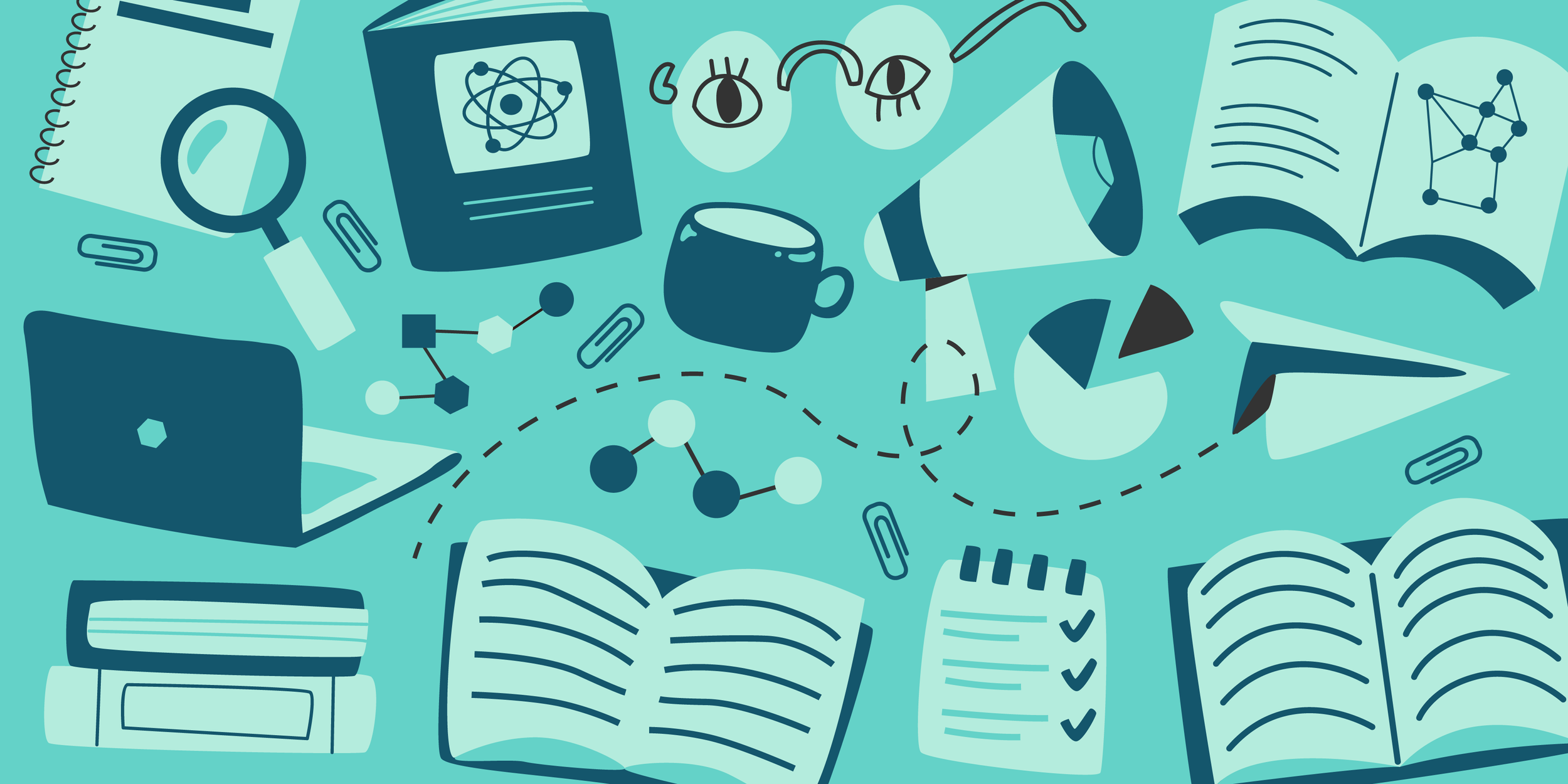
Autism Research—What’s New in November 2023?
This research roundup picks out some of the current big debates on autistic lives, and showcases new and important research from teams and academics working within the field.
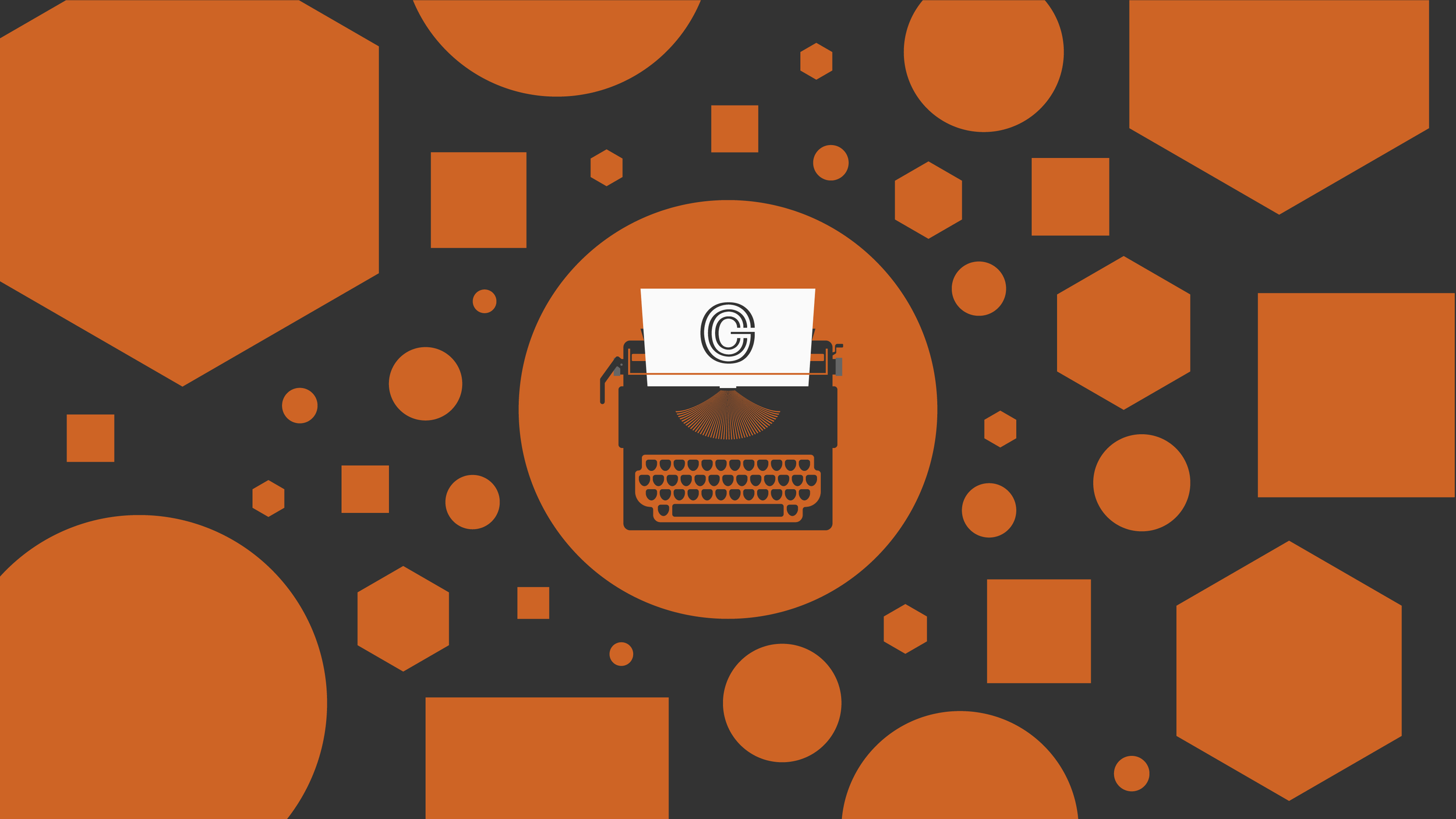
Autistic Trauma and Identity: Insights from Narrative Research
Katrine Callander shares Autistic-led PhD research into the traumatic impact that grooming and coercive control has on Autistic people, rooting her work in the complexities of late-identification, the pursuit of agency and authentic Autistic selfhood,.
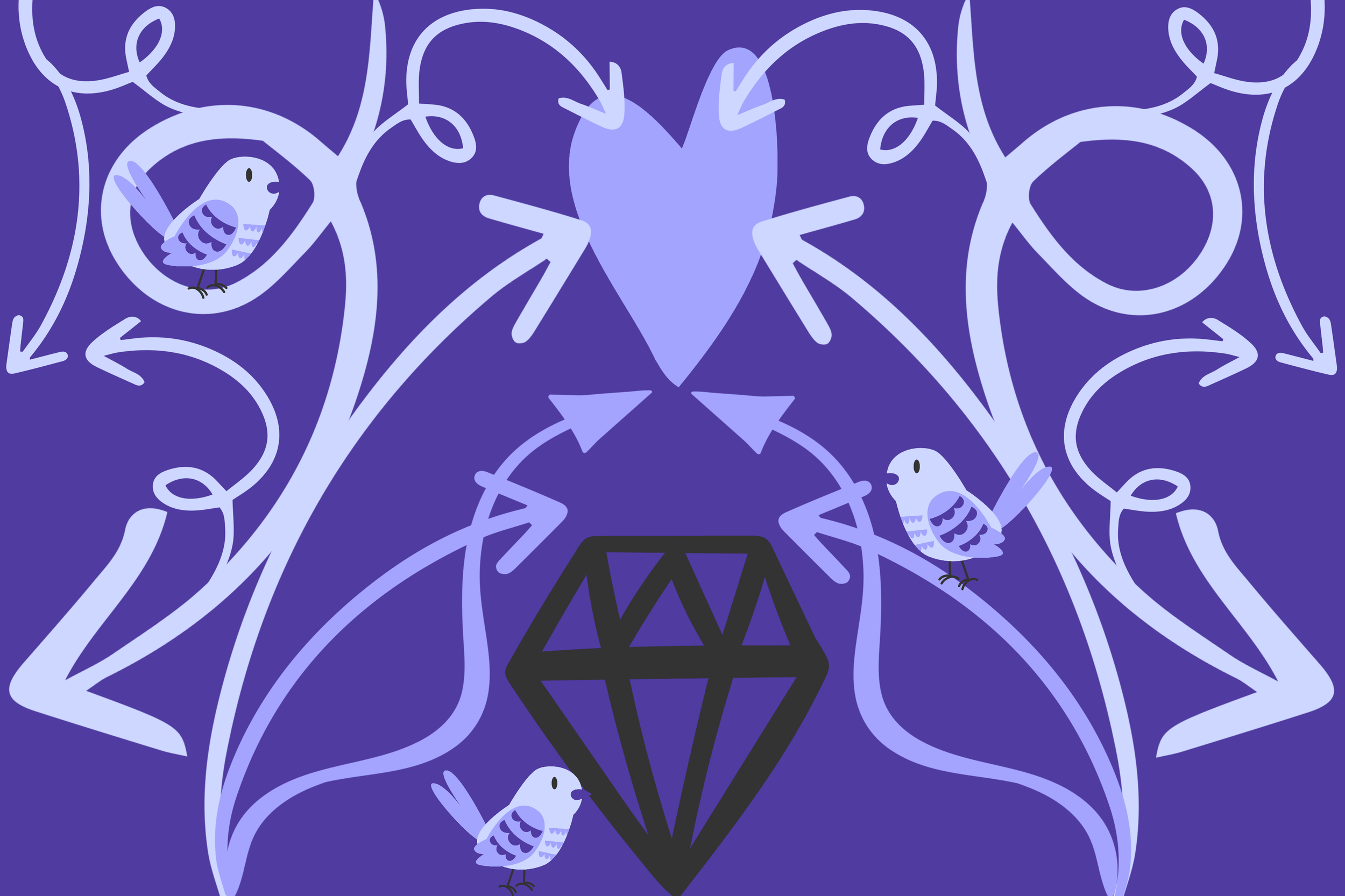
Celebrating Black Autistic Women: Say it loud “ I’m Black Autistic & I am Proud”
Black History Month, a time to honour and celebrate the immense contributions and resilience of Black individuals throughout history, also offers an opportunity to explore the intersecting identities that make each person unique. Among the remarkable individuals who have shaped history are Black autistic women, whose stories and experiences are often overlooked or untold. In this blog, we delve into what it means to be a Black autistic woman and how their presence enriches the tapestry of Black history.
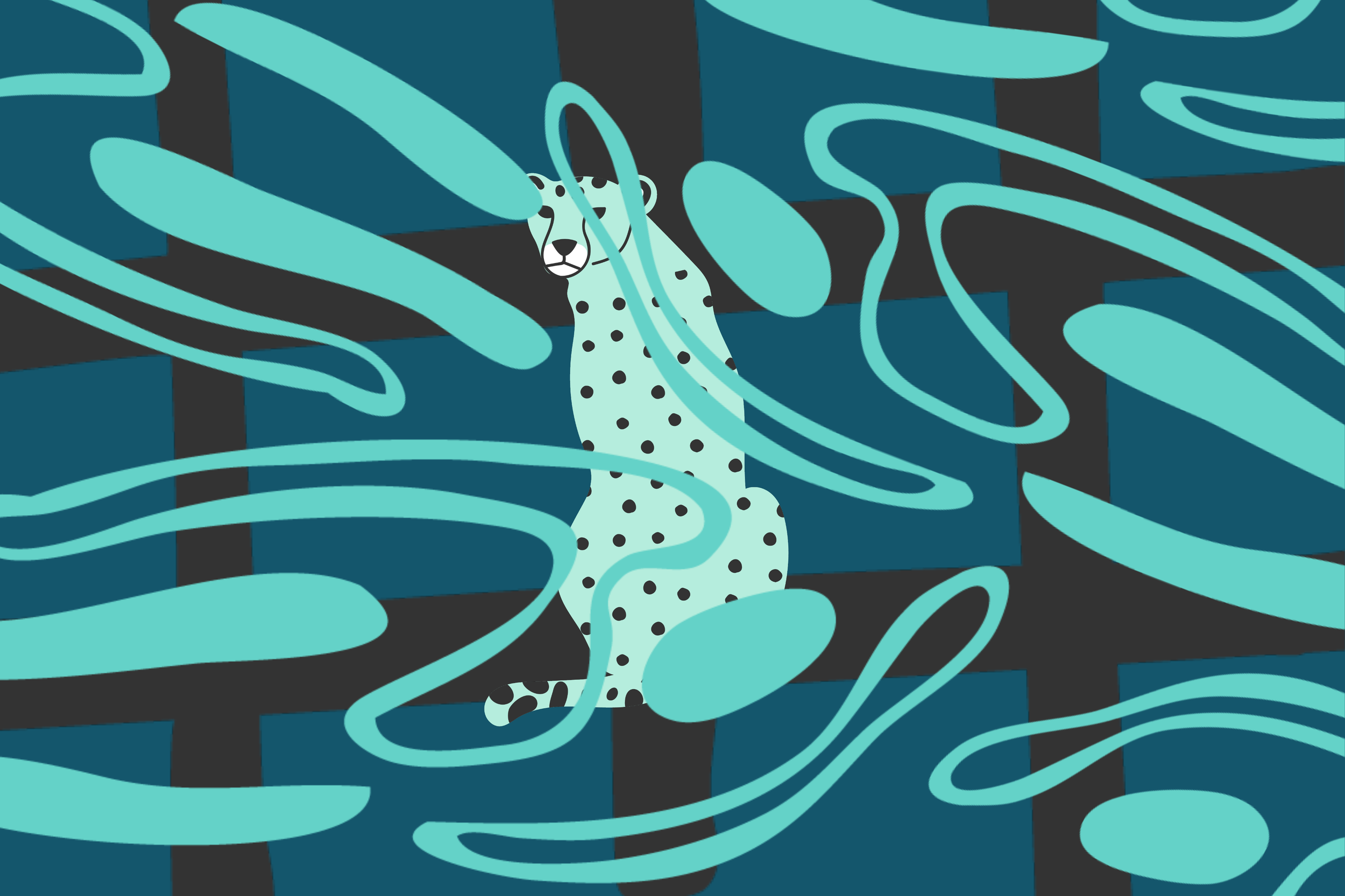
Disability Hate Crime Week: Mate Crime and Neurodiversity
The 14th to the 21st of October is National Hate Crime Awareness Week. Hate crime awareness week includes awareness of disability hate crime, which differs from other forms of hate crime. The definition of disability hate crime is “any criminal offense which is perceived, by the victim or any other person, to be motivated by a hostility or prejudice based on a person’s disability or perceived disability” (College of Policing, 2014).
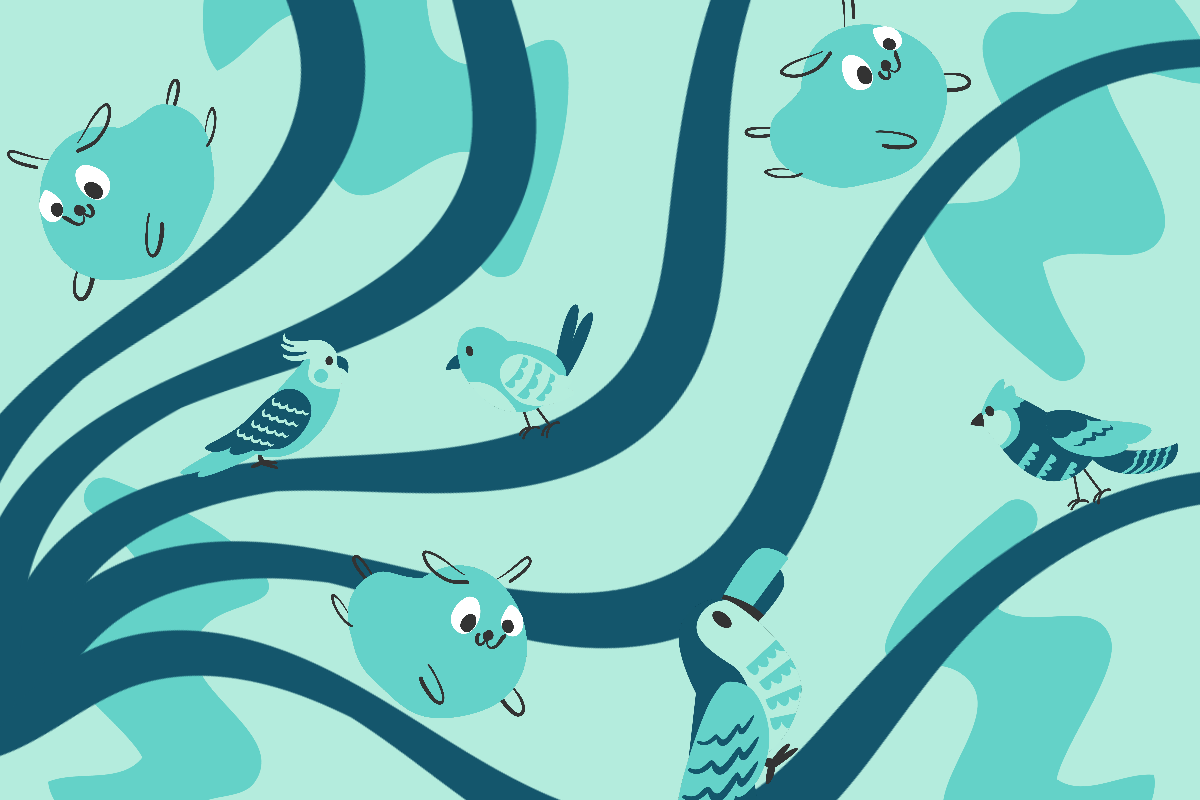
Embracing Autistic Children’s Monotropic Flow States
Autistic and ADHD people are more likely to be monotropic than the rest of the population. This means they focus more energy and resources on fewer interests/tasks/ sensory input at any one time compared to non-autistic polytropic people.
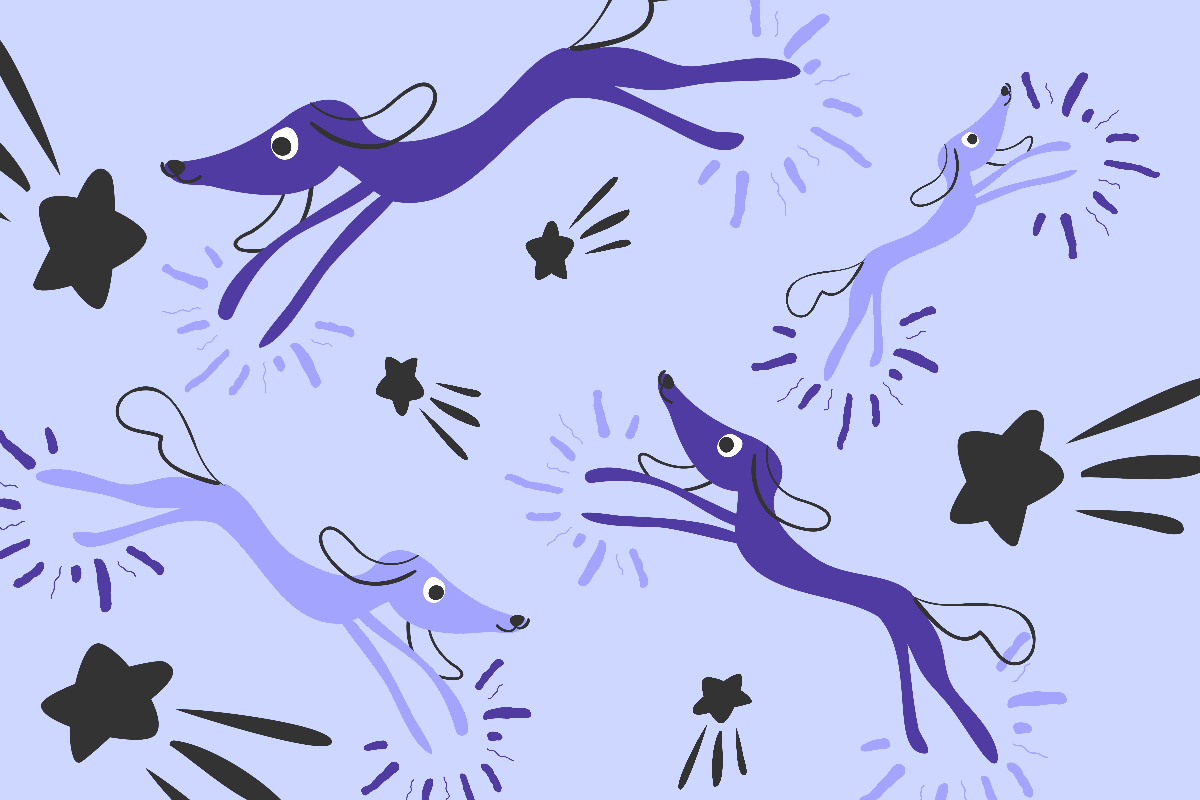
Why I no longer sit on my hands
When I was small I heard: “Will you sit still?!” , “You’re fidgeting!”
Then there was the one that changed everything …
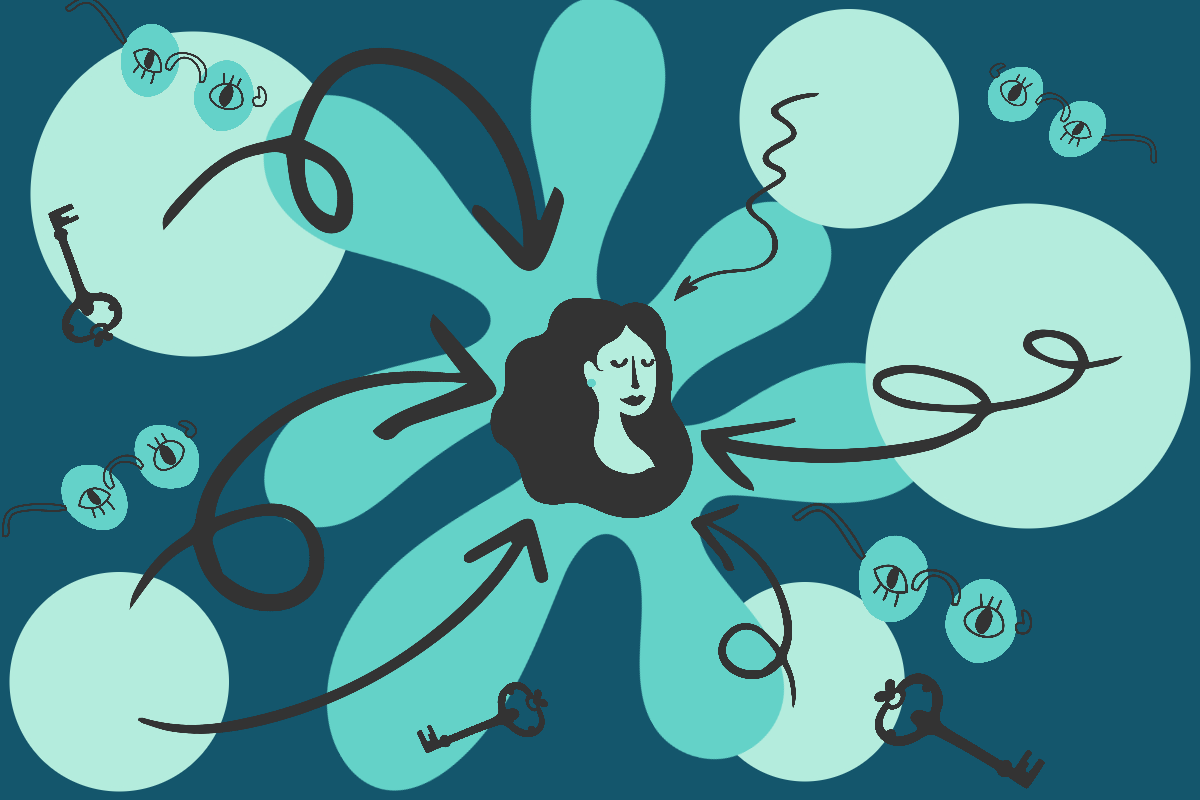
Navigating Intersections: My Journey as an Autistic Black Girl in the UK
Growing up in the UK as a black autistic girl was no easy feat. The challenges of understanding my identity were compounded by the fact that I self-diagnosed my autism. While it provided an explanation for my differences, I also battled imposter syndrome.
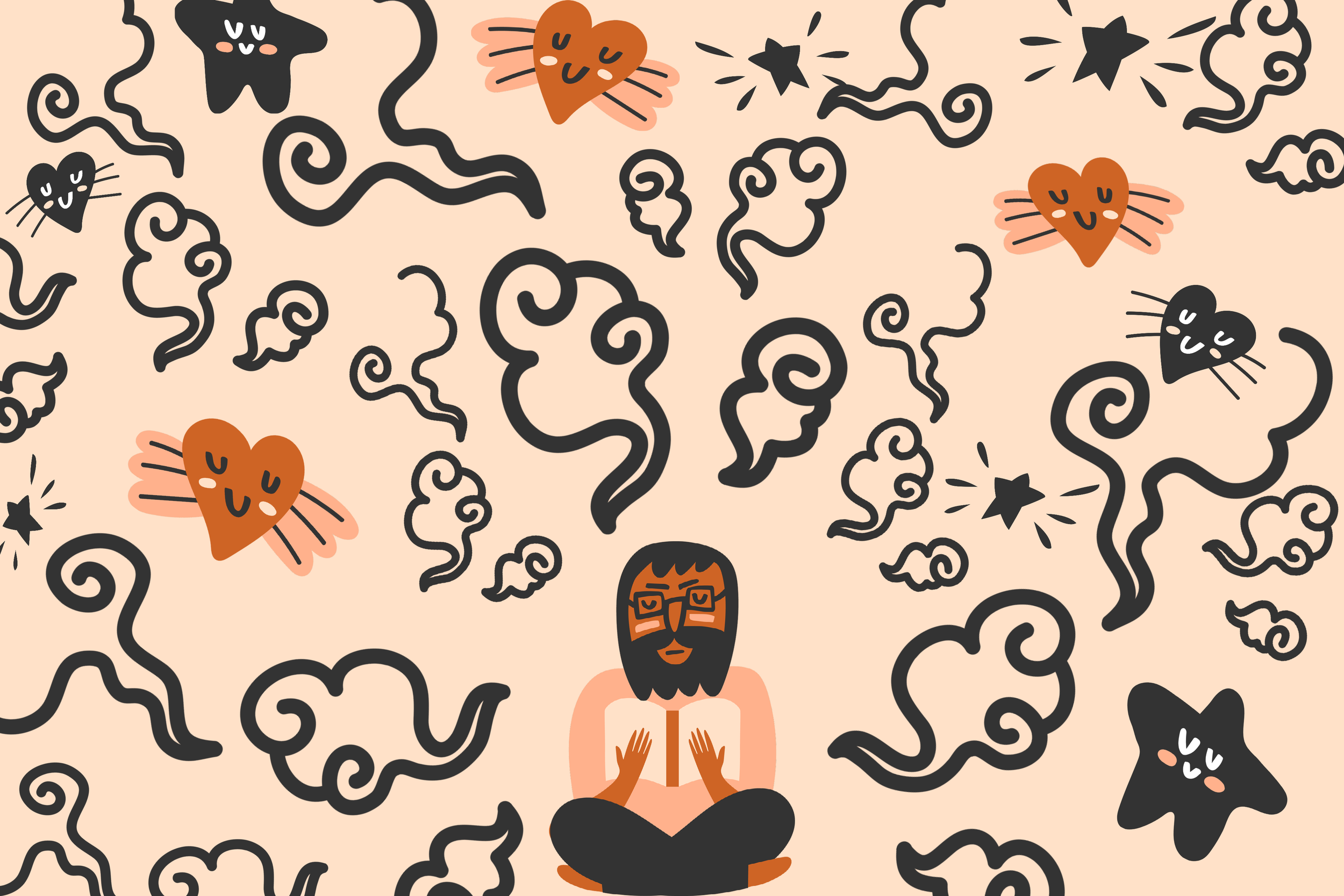
11 Things I Love About Having ADHD
We often hear about all the challenges that having ADHD can present, and rightly so. Raising awareness about these challenges is what: helps anyone who is struggling to feel less alone; enables us to find or develop solutions; and makes it easier for allies to understand how they can best support us.

A rollercoaster: neurodivergent and in the media
I only heard the term ‘neurodiversity’ a few years back, but in reality, it’s dominated my whole life. Subconsciously, for years, I thought different, I felt different and, in 2017, being diagnosed as autistic changed my life for the better.
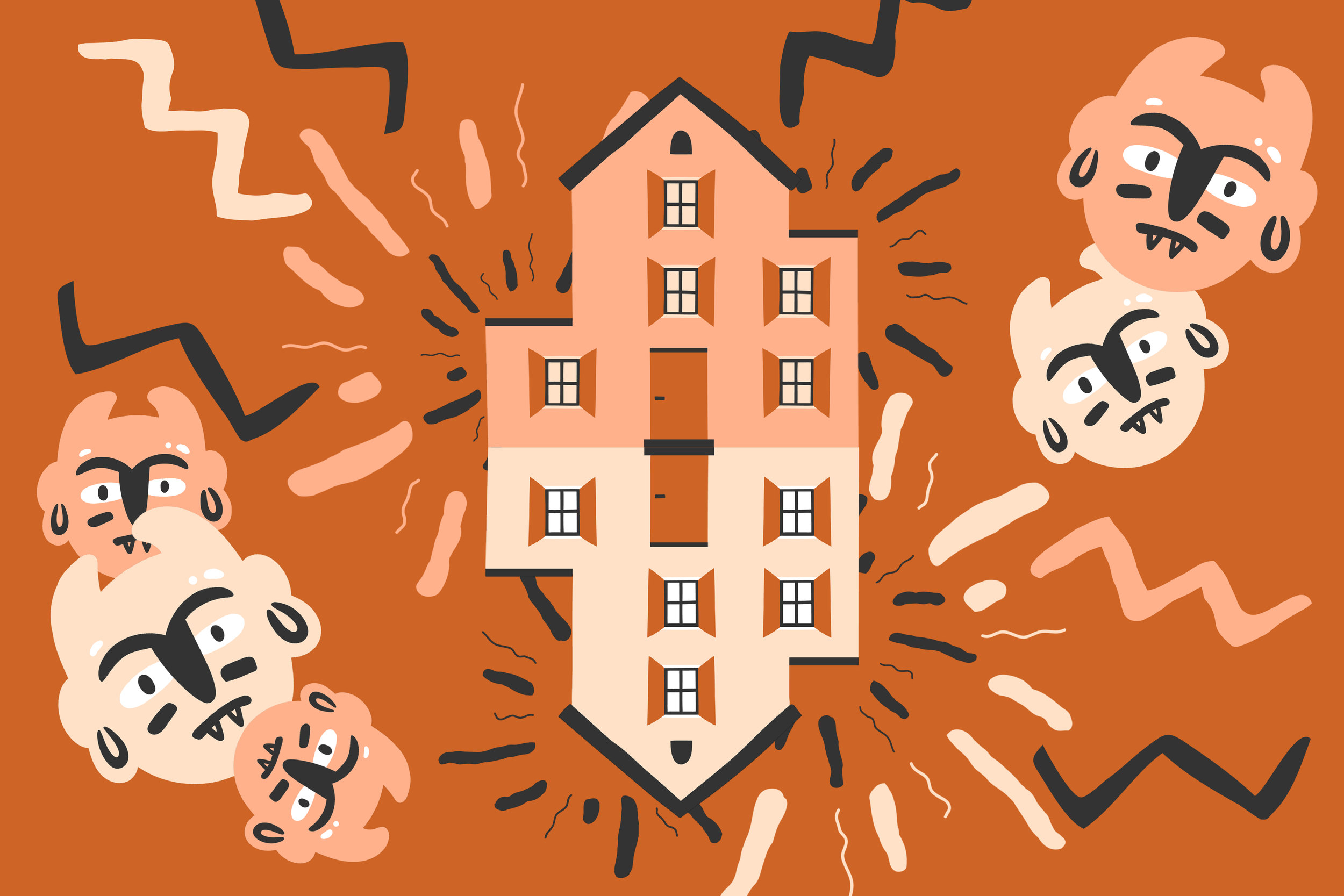
Is my environment making me sick?
As I write this I sit in my ground floor in Deptford, London. I grew up in this area and every street, crevice and cobbled alleys holds pieces of hazy memories from my youth. You see I was made in Deptford and now I feel as if the place that defined who I am is dying piece by piece, with each new edgy coffee shop and hairdresser my old stomping ground ceases to be.
- ABA
- ableism
- abuse
- accessible
- ADHD
- adults
- advocacy
- affirming
- aging
- assessment
- autism
- autistic parents
- black autistic
- building design
- burnout
- childhood
- children
- co production
- coercive control
- communication
- community
- culture
- depression
- Designing Homes for Sensory Differences Summit 2024
- diagnosis
- disability
- dyslexia
- eating disorders
- education
- empathy
- employment
- ethics
- family
- friendships
- GCC Summit 2023
- gender
- government
- grooming
- guidance
- health
- healthcare
- holiday
- housing
- human rights
- identity
- illness
- inclusion
- inpatient
- intersectionality
- joy
- language
- late diagnosed
- learning disability
- LGBTQIA+
- lived experience
- masking
- medicalisation
- meltdown
- mental health
- monotropism
- mothers
- nervous system
- newly diagnosed
- NHS
- online
- pain
- parents
- peer support
- play
- psychiatric care
- PTSD
- quality of life
- race
- racism
- reasonable adjustments
- relationships
- research
- resources
- routine
- school
- self diagnosis
- self regulation
- sensory environment
- sensory overwhelm
- sensory processing
- services
- sexism
- special interests
- spirituality
- stimming
- stress
- suicide
- support
- therapy
- training
- trauma
- trauma-informed
- women
- workplace
- young people
Got something to say?
We commission blogs from neurodivergent writers. We are particularly keen to hear from people of colour, older people, and non-speaking members of our community. Help us in our mission to amplify the views and voices that are most often left unseen and unheard.


